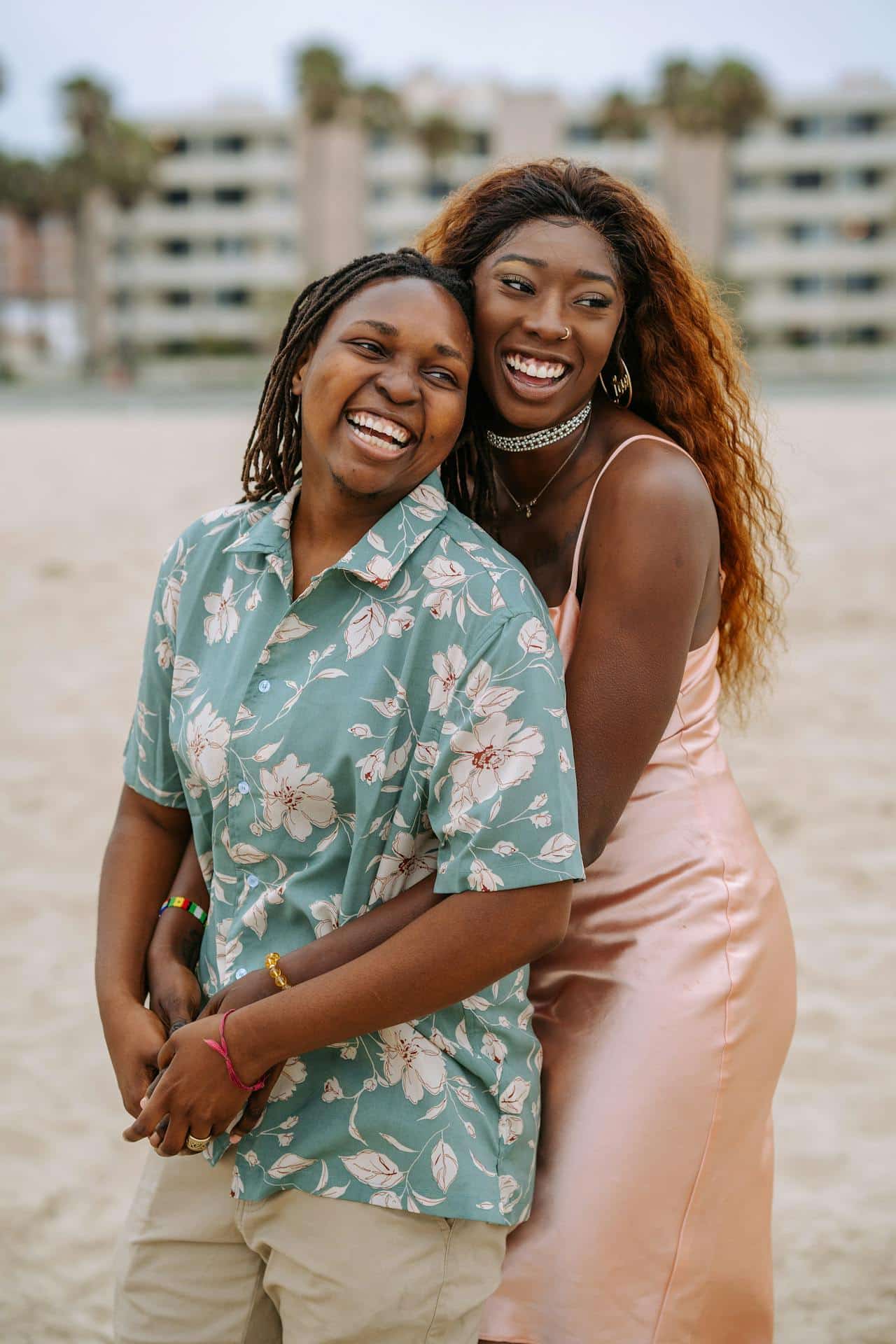Relationship Skills | Healthy Relationships | Advice from a Couples Therapist
Spring is around the corner, and, if you’re anything like me, the change of seasons is a great time for reflection. Whether you’ve established some new habits since New Year’s or eschewed resolutions this year, there’s no time like the present to start building healthy relationship habits. Here are a few tips on how to make the most of the time you share together so your relationship can thrive this spring. Read on to learn more about building healthy relationship habits for a more connected relationship.
Six Tips to Increase Connection in Your Relationship
Add a structured check-in to your week
If you’ve ever been to couple therapy, you’ve likely experienced some form of relationship check-in: “How was your week? What went well? What might have gone better?” These questions guide what’s important to focus on in session and afterwards. And even without a therapist’s support, relationships benefit from regular health check-ups. These can provide direction on how to support one another with facing anticipated challenges and space to heal from regrettable incidents.
To set the stage for a check-in, pick a time where you can meet uninterrupted for thirty minutes with no distractions. Put those phones away and prep yourself to arrive in a calm, grounded state. Approach the conversation with honesty, empathy, and through a lens of curiosity. The goal is to increase understanding and connection, rather than incite confrontation.

If you’d like some guidance on how to structure your meeting, check out couple therapists John and Julie Gottman’s State of the Union, I also like this multiamory RADAR meeting, which functions equally well for polyamorous and monogamous couples. One benefit of repetition is that you and your partner will learn what works best for your meetings over time. Through adding or dropping questions, you can create your own template, unique to your relationship.
Reinvent TV night
There’s nothing like the exciting ritual of watching a favorite show together. But we miss opportunities for connection when zoning out becomes a default activity. Many couples I’ve worked with fondly discuss how creative they got with how they spent their time during the pandemic. Unfortunately, many have lost sight of that creativity as life returns to busy as usual. Take the opportunity to discuss your shared interests and switch things up a bit. Conversation games like Esther Perel’s Where Should We Begin, the Ungame Couple Version are a great way to learn new things about your partner, no matter how long you’ve been together. For a free option, I like the Gottman Cards Deck App, a mobile app with 14 topics and over 1,000 questions.

Get out together
Getting out and exploring together is a great way to cultivate your shared interests. Whether you prefer nature, the urban landscape, or cultural events, there’s something for every couple. It doesn’t have to be expensive. If you’ve fallen into a going-out rut, ask your friends, colleagues, or family for their favorite cheap date ideas and you may discover a new hike or restaurant.
If you’re in the Bay Area, a few of my personal favorites are visiting the Wave Organ or exploring any of San Francisco’s many Privately Owned Public Open Spaces. These POPOS are publicly accessible plazas, atriums, small parks, and terraces. If you’re looking for novelty, take advantage of your library’s eclectic calendar of events and workshops. (As I’m writing this, SF Public Library offers, this weekend alone, opportunities to practice tai chi, swap plants, learn self-defense, paint a ceramic dragon for the Lunar New Year, and hear a lecture on Black voices in American opera). And, if you have a membership to any Bay Area library, you can also take advantage of free museum passes through their Discover & Go program.
Embrace a “small things often” attitude
It’s easy to get caught up in the notion that romance requires grand gestures, but grand gestures don’t fill our day to day. (It would probably be exhausting if they did!) Many clients I work with are well-versed in their “love languages.” These are not a therapy construct, per se, but useful in understanding how we like to give and receive love. And it’s useful to have an understanding of your partner’s.
Talk to your partner about how you most appreciate signs of affection, and start acting daily. Small gestures don’t need to take a lot of time or effort: pick up a treat for your sweet-toothed, gift-appreciating partner when you’re grocery shopping or leave a love post-it for someone who appreciates words of affirmation. Learning how to show your partner love is one of the most healthy relationship habits we can cultivate.
Talk about your rituals and establish new ones
Chances are you and your partner engage in small rituals all the time without being aware of it. Take some time to share what’s meaningful to you about how you greet one another and say goodbye, and how you stay connected when you’re apart. Some other questions you might consider asking include: Do we enjoy prioritizing meals together and are we doing this enough? What are our favorite holidays and how do we like to celebrate them? What’s our favorite ritual right now and what’s a new ritual would we like to create together?
Take Time to Nurture Yourself
Importantly, remember that we need to take care of ourselves as individuals in order to show up in our relationships according to our values; when busyness and stress take over, our capacity to be kind, understanding, open, non-judgmental and caring diminishes. If you notice you’re getting increasingly irritable, snippy or critical of your partner, let them know you need to recharge and schedule some time for yourself.
Related Blog – Self-Care Isn’t Solo Care

Healthy Relationship Habits Take Ongoing Effort
When people say relationships take work, we often get the idea that this means big grand gestures and deep, painful conversations. And those things can be important at times in a relationship. But the most important effort we put into our relationships are the small things we do on a day-to-day basis. Communicating care and affection. Making space for each other’s needs. Spending time enjoying each other’s company.
Struggling to put healthy relationship habits into practice? A couple therapist can help you build your toolbox and overcome the barriers standing in the way. Learn more about couples therapy at Stella Nova.
About the Author
Megan Sullivan-Tuba is a San Francisco couple therapist who serves clients online throughout California. She specializes in helping couples build skills for intimacy, communication, and navigating conflict. And she especially enjoys supporting couples across areas of difference, such as interracial or interfaith relationships, or couples coming from difference cultures or economic backgrounds. Megan is a LGBTQ+ ally and a poly-affirming therapist.
Online Therapy for Couples in California
Looking for relationship support? Stella Nova therapists can help you improve your communication, reconnect, and break out of negative patterns in your marriage or partnership.
We specialize in working with couples of all genders in online therapy throughout California. We’re an LGBTQ+ and poly-affirming practice that works with couples of all ages and relationship stages.
To get started, schedule your free, 20-minute couples phone consultation with our Intake Coordinator today. We’ll chat about what you’re looking for, and match you with the best therapist for your needs and preferences.


